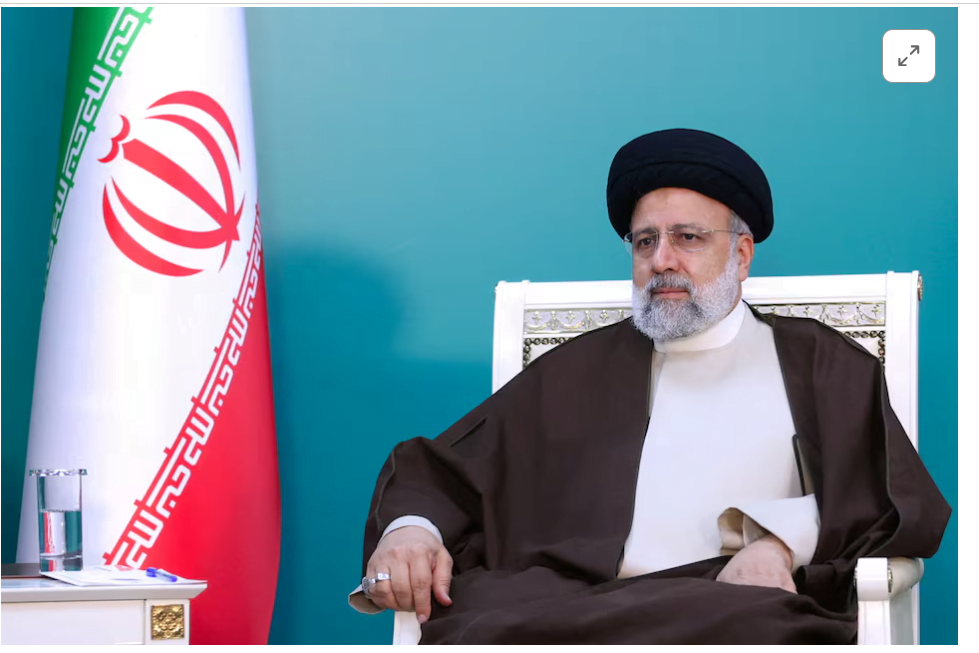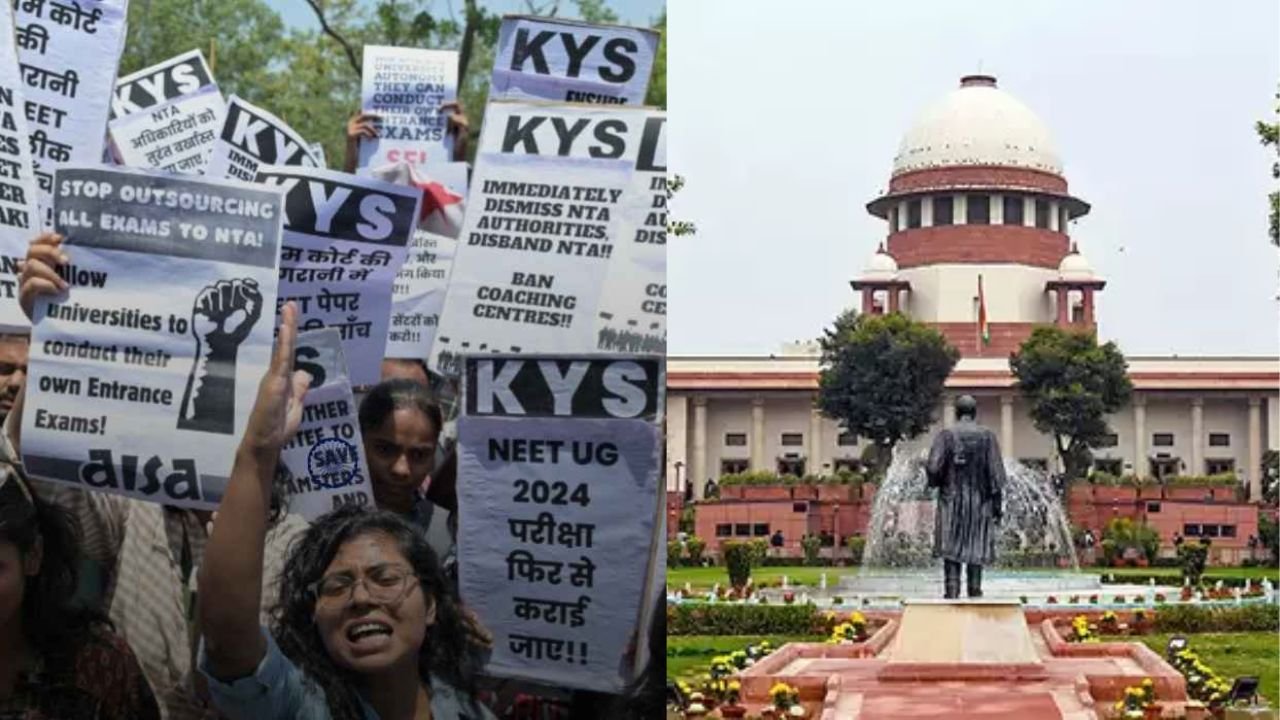DUBAI, May 20 (Reuters) – Iranian President Ebrahim Raisi, a hardliner seen as a potential successor to Supreme Leader Ayatollah Ali Khamenei, was killed when his helicopter crashed in poor weather in mountains near the Azerbaijan border, officials and state media said on Monday.
The charred wreckage of the helicopter that crashed on Sunday carrying my President and Foreign Minister Hussein Amir Abdullahian and six other passengers and crew was found early Monday after an overnight search in blizzard conditions.
- Supreme Leader Khamenei, who has absolute power and final say on foreign policy and Iran’s nuclear program, said First Vice President Mohammad Mokhbar would take over as interim president, the official IRNA news agency reported.
“I declare five days of general mourning and express my condolences to the dear Iranian people,” Khamenei said in a statement. Informants like Raisi are seen as close to Khamenei. - The collapse comes at a time when protests are growing within Iran over multiple political, social and economic crises. Iran’s religious rulers face international pressure over Tehran’s controversial nuclear program and its deep military ties with Russia during the war in Ukraine.
-
Since Iran’s ally Hamas attacked Israel on October 7, triggering the Israeli assault on Gaza, confrontations involving Iran-allied groups erupted across the Middle East.
The long-running “shadow war” between Iran and Israel came out into the open last month with an exchange of missiles and drones. - An Israeli official, who requested anonymity, told Reuters that Israel was not a party to the incident. US Defense Secretary Lloyd Austin said he did not know what caused the crash, adding that the United States had no role in it.
-
Under the Constitution of the Islamic Republic, new presidential elections must be held within 50 days.
Any nominee must first be vetted by the Guardian Council, a strict watchdog that has often ousted even prominent conservative and liberal officials, meaning it is unlikely to change the general direction of Iranian politics. - State Department spokesman Matthew Miller said: “As Iran has elected a new president, we reaffirm our support for the Iranian people and their struggle for human rights and fundamental freedoms,” while the United States reiterated its “official Expressed condolences.
‘ONE HARDLINER DIES, ANOTHER TAKES OVER’:
Government loyalists gathered at mosques and squares to pray for Raisi, but most shops remained open and authorities made little effort to disrupt normal life.
“He was a hard-working president,” said Muhammad Hussein Zarrabi, 28, a member of the Basij religious volunteer militia in the holy Shiite city of Qom. “His legacy will continue as long as we live.”
But other Iranians showed little sorrow.
Reza, 47, a shop owner in the central desert city of Yazd who did not give his full name for fear of retribution, said: “Who cares? One terrorist dies, another takes power, and our suffering continues.” lives.” “We are so busy with economic and social issues that we do not worry about such news.”
Official media reported that photos from the site showed the American-made Bell 212 helicopter crashing into a mountain peak, although there was no official information on the cause of the crash. The governor of East Azerbaijan province and a senior imam of the city of Tabriz were also among the dead.
Iran was a major buyer of Bell helicopters under the US-backed Shah before the 1979 Islamic Revolution, although the exact source of the crashed aircraft was unclear. Decades of sanctions have made it difficult for Iran to obtain spare parts or upgrade its planes.
The helicopter crashed in the Varzagan area, north of Tabriz, upon Raisi’s return from an official visit to the border with Azerbaijan in northwest Iran to open the Qiz-Kalasi Dam, a joint project.

BLOODY CRACKDOWN:
Since taking office, Raisi, 63, has ordered tougher ethics laws, cracked down on bloody anti-government protests and pushed hard for nuclear talks with world powers.
In Iran’s dual political system, which is divided between the clerical establishment and the government, it is Khamenei, Raisi’s 85-year-old mentor and supreme leader since 1989, who has the power to decide on all major policies.
Raisi’s 2021 election victory put all branches of power under hardline control, eight years after pragmatist President Hassan Rouhani took office and negotiated a nuclear deal with powers including Washington.
However, Raisi’s position may be affected by widespread protests against clerical rule following the death of 22-year-old Kurdish woman Mahsa Amini in the custody of morality police and the failure to transform Iran’s economy, which is hampered by Western sanctions.
Although Raisi, a mid-level Shia cleric, is not considered a foregone conclusion in Iran’s murky politics, he was widely seen as the leading candidate to succeed Khamenei.
Vali Nasr, professor of Middle East studies, said, “At the moment there are no other candidates with such a program and that is why the presidential elections in Iran, whatever their results, will be the first to decide what happens next.” and international relations. Affairs at the Johns Hopkins School of Advanced International Studies.
The agency said that Deputy Foreign Minister Ali Bagheri Kani has been appointed acting Foreign Minister.
The Saudi Foreign Minister telephoned al-Kani to express his condolences and reaffirm Saudi Arabia’s support for Iran.
According to Iranian media, Raisi’s funeral ceremonies will be held from Tuesday to Thursday in the cities of Tabriz, Qom, Tehran and Birjand, until his final burial at the Imam Reza Shrine in Mashhad.
Messages of condolences came from Iran’s other regional neighbors and allies, including the leaders of Syria, Egypt, the United Arab Emirates, Qatar, Jordan, Iraq and Pakistan.
Russian President Vladimir Putin described Raisi as a “true friend of Russia”. The Kremlin said it spoke by phone to an informant and stressed “the mutual intention to strengthen Russian-Iranian dialogue.”
The Iran-backed Hamas movement, which is fighting Israeli forces in Gaza with support from Tehran, issued a statement expressing its sympathy to the Iranian people over “this terrible loss”.



